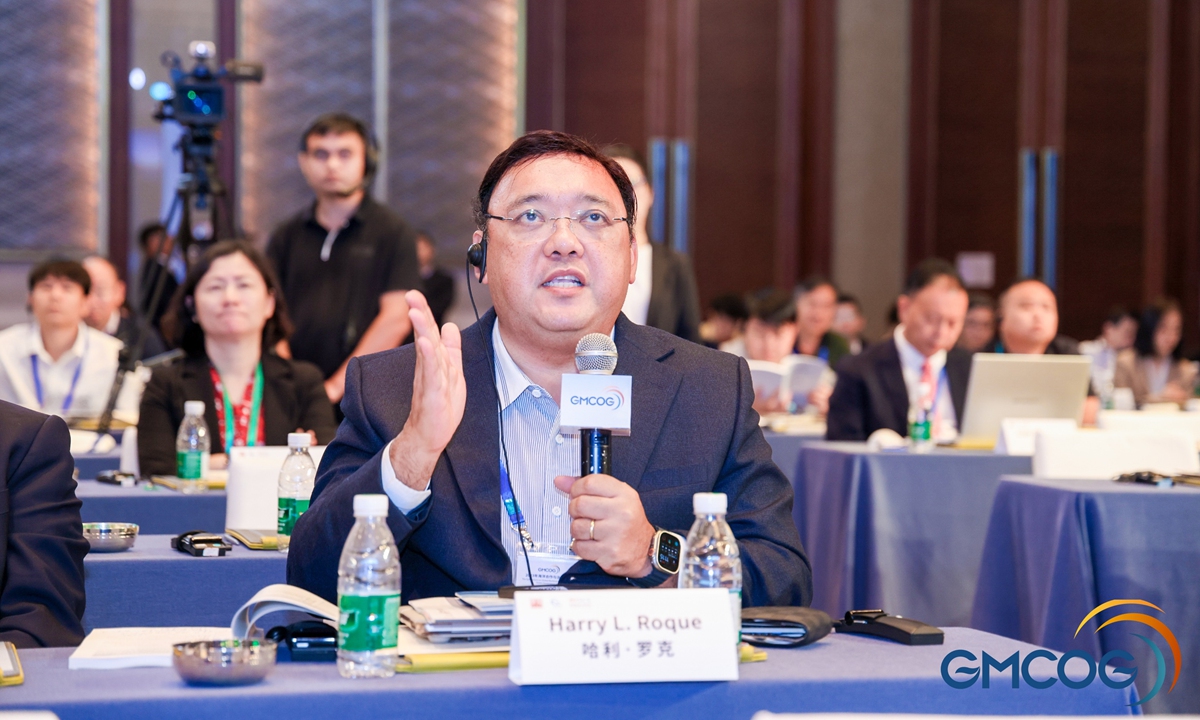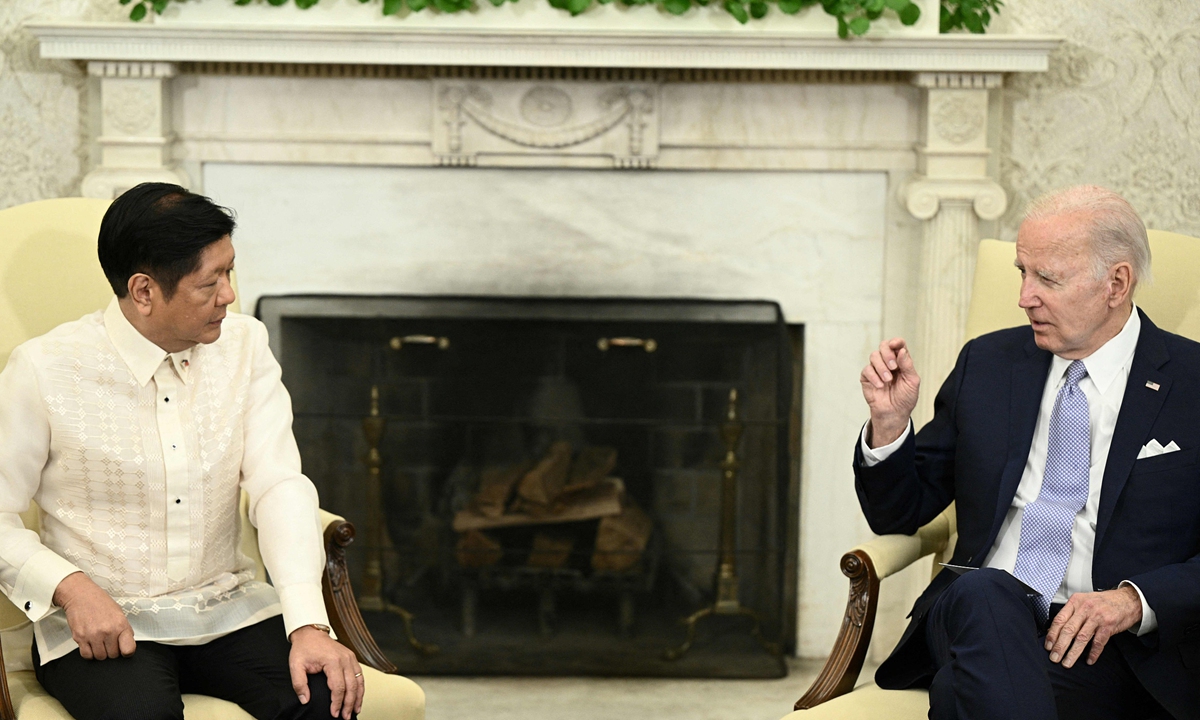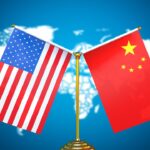Editor’s Note:
Tensions between China and the Philippines over the South China Sea have recently increased. Some observers said that the current Philippines administration has been deviating away from former Philippine president Rodrigo Duterte’s China policy. Are China-Philippines relations disturbed by the US factor? What can we learn from the Duterte’s presidency to ensure that the South China Sea issue is under control? Harry L. Roque (Roque), former presidential spokesperson of president Duterte, shared his views on these questions as well as his advice to the current Philippines administration in an interview with Global Times (GT) reporter Wang Zixuan.
GT: Some observers said that the current Philippines administration has been deviating away from former president Rodrigo Duterte’s China-friendly and independent foreign policy. As former presidential spokesperson of president Duterte, do you have any concerns about this shift? What do you think of the current China-Philippines relationship?
Roque: Shortly after the current President Ferdinand Romualdez Marcos Jr made his first state visit to China after assuming presidency, alarming incidents took place, including the laser incident. It made him insecure despite the positive talks he had in China.
But I think the bigger reason is that the president’s advisor now on foreign affairs is his cousin Jose Manuel Romualdez, the ambassador of the Philippines to the US. He was also ambassador to the US during president Duterte’s term, but he was not able to influence foreign policy at all at that time. But the president is now taking advice from a very pro-American relative. I regret the shift in foreign policy because being an ally to the US has not been advantageous to the Philippines, either economically or militarily.
I’m very much concerned because I don’t think we are now benefiting from the fact that we are neighbors with China. Recently, the three rail projects which are segments of the Mindanao Railway project on the island where the former president is from will no longer be funded by Chinese companies, as the Philippines dropped the funding deal with China. And it would seem that because of the change in relations with China, we will also not be getting as many investments as countries like Vietnam and Malaysia are getting from China.

Photo:GMCOG
GT: Some scholars believe that the Philippines has been adopting “microphone diplomacy” on South China Sea disputes. What do you think about microphone diplomacy? How should the two countries avoid intensifying conflicts and ensure that the South China Sea issue is under control?
Roque: Different presidents have different styles. But when tensions also arose during the time of Duterte, he forbid everyone from speaking [publicly about relevant disputes], except his spokesperson and himself, not even the foreign secretary could say anything. I think that’s how diplomacy should be conducted.
Now, we are sad, because unless we actually come up with a long-term solution to the problem, we will not be able to normalize ties between China and the Philippines.
GT: Former president Duterte has fostered warmer ties with China since he assumed the Philippines presidency in 2016, and the two countries made considerable progress in economic and trade exchanges under the premise of setting aside disputes, what can we learn from that period for the healthy development of China-Philippines relations?
Roque: I think the president recognized that for practical reasons, our proximity and the fact that China will soon be the economic driving force of the world, we should have closer ties. But as I said, the president is not getting the right advice.
GT: The Philippines has upgraded its military and defense cooperation with the US, including opening four new military bases. In your view, is the relationship between China and the Philippines disturbed by the US factors, and if so how?
Roque: Very much, of course. When President Marcos agreed to host the US troops in our bases very near Taiwan [island], this is a fundamental shift in foreign policy from the policy of former president Duterte, who advocated that in independent foreign policy we are friends to everyone and enemies to no one.
I think the president’s decision to allow the US to have the use of Philippine military bases is very dangerous because it could drag the Philippines into an armed conflict where we have no national interest to espouse. In our national anthem, we were taught to sing that we will die for the motherland, we were not made to sing that we will die for Taiwan.
GT: The US is the Philippines’ military ally and China is the country’s largest trading partner, if you were to give any advice to the current Philippines administration, how would you advise them to balance its relationship with the US and China?
Roque: We should be consistent if China is our most important economic partner and also one of the biggest export markets, then it should also be our closest ally when it comes to our security constraints. There has to be consistency.
We will have consistency only if the president starts listening to the right people. I have said that he should listen to our Philippine ambassador to Beijing, Jaime FlorCruz. He has worked in Beijing for almost five decades and knows how Chinese people think.













